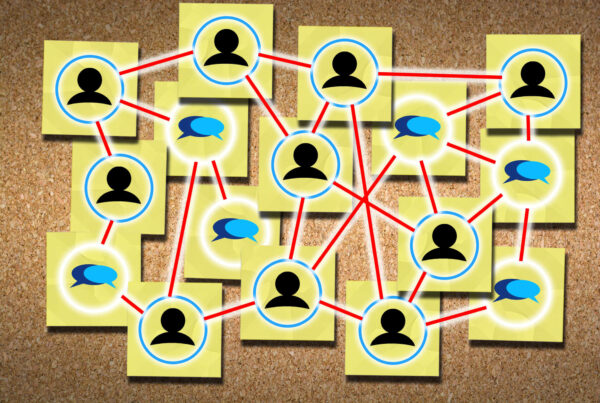Last Updated on May 28, 2023 by Dave Schoenbeck
Is cognitive sales bias getting in the way of your sales momentum?
The insidious thing about biases is that they’re tough to identify. However, cognitive sales bias could significantly damage your profitability if left unattended. Therefore, it’s essential to be highly aware of sales bias so you can identify it in your team and your attitudes towards your products and your consumers. Here’s what you need to know:
Common Cognitive Biases in Sales
Bias is what happens when our brains take shortcuts. Our brains constantly work to take in information, even when we’re not fully aware of it. To make sense of that information, sometimes our brains rely on faulty patterns to make decisions. These faulty patterns are based on past experiences, emotions, or personal preferences, not facts.
Psychology has over 100 different types of bias, which can be detrimental. Here are 5 sales bias examples demonstrating the relationship between psychology and selling.
- Confirmation bias: Confirmation bias is when we assume off the bat and filter all future information through that lens. For example, if we believe we know what a customer needs ahead of time, we’ll only hear information that confirms that theory rather than listening to the customer.
- Anchoring bias: Like confirmation bias, this is the tendency to latch onto the first piece of information we hear and forget the rest. That means we might overemphasize a customer’s first pain point without considering the rest of their process. As a result, we might recommend a product that won’t help them.
- Clustering: This type of bias involves noticing patterns that aren’t there. You might think that because a specific strategy worked twice, it’s a slam dunk. However, two wins aren’t enough to demonstrate a pattern, and you might be trusting in a method that ultimately falls short.
- Overconfidence bias: People tend to overestimate their skills. This can cost you big time in several ways. For example, you might skimp on research or only half-listen to a customer because you’re so confident that you can sell to them no matter what. Unfortunately, long-time salespeople significantly can fall into this trap.
- Recency bias: As the name suggests, this is a bias towards the recently received information simply because it’s fresher in your mind. You might be tempted to discount tactics that have always worked well because you have a few newer wins with a different strategy, but that doesn’t mean the playing field has changed.
Awareness of cognitive bias’s role in your sales process is the first step to overcoming it. While we’ll always be prone to various mental biases, we don’t have to let those biases control our actions. One example I remember is that many of my salespeople would only recommend products they could personally afford instead of more fully featured products that were more aspirational and a better fit for the customer.
As a business coach, I’ve helped numerous leaders and clients identify sales bias and develop effective sales tactics for their teams. Click here to register for a complimentary video coaching session, and let’s talk about psychology and selling in your business.
Coach Dave
- If You Are Considering Starting a Business, Read the Book The E-Myth Revisited First - October 16, 2025
- Here’s a Must-Read Book: The Four Disciplines of Execution - October 9, 2025
- Don’t Procrastinate: It’s Time to Do Company Succession Planning - October 2, 2025


